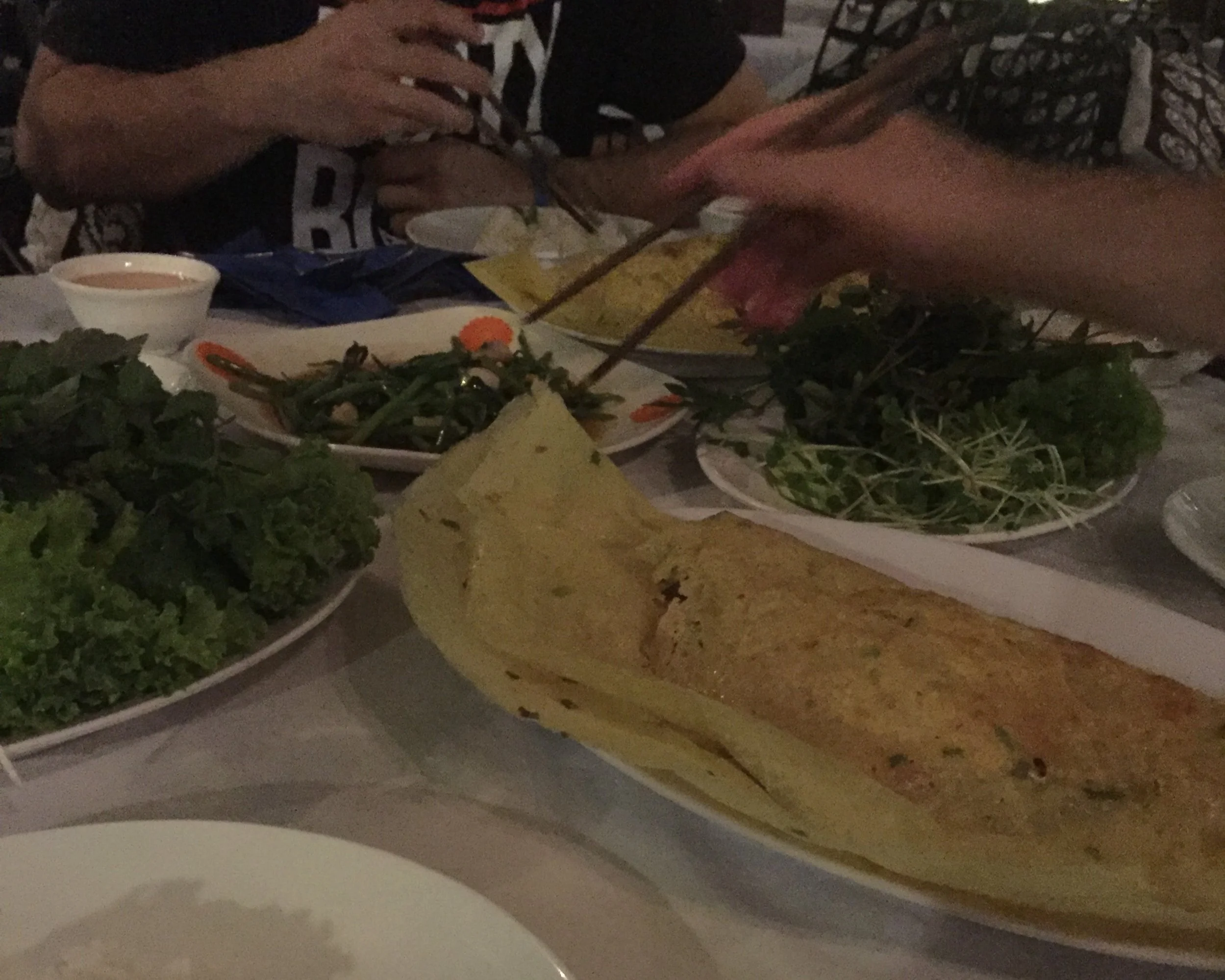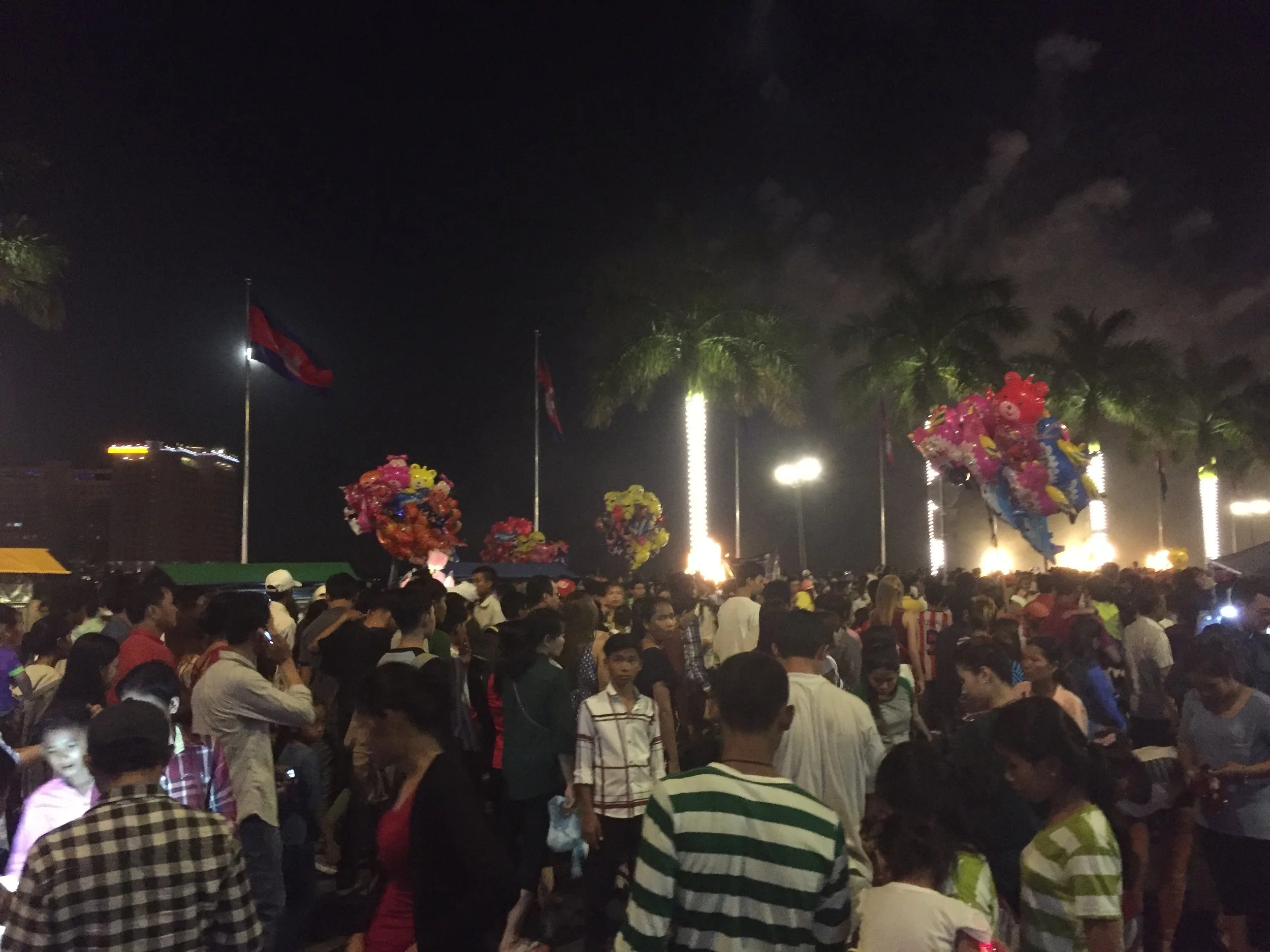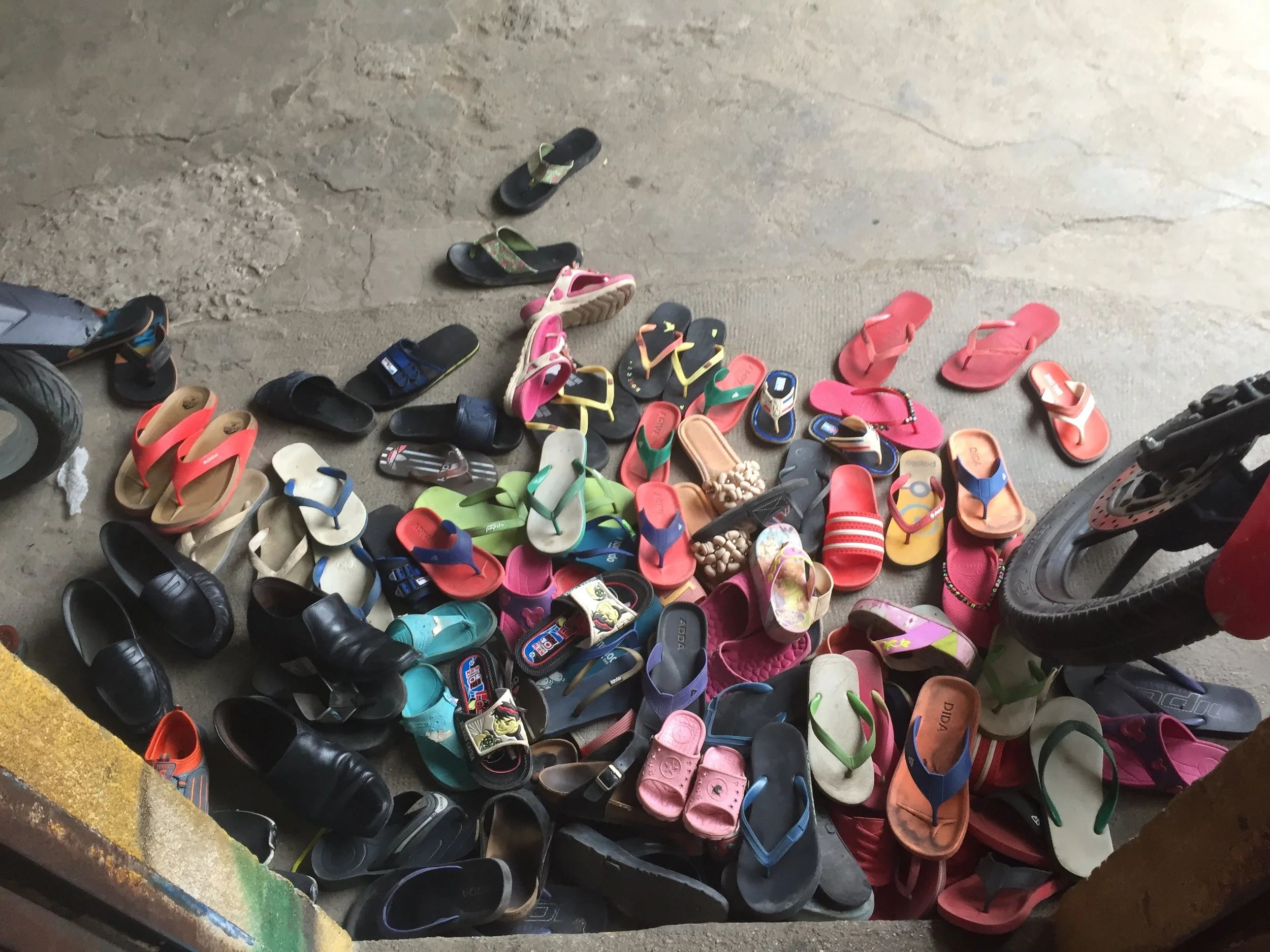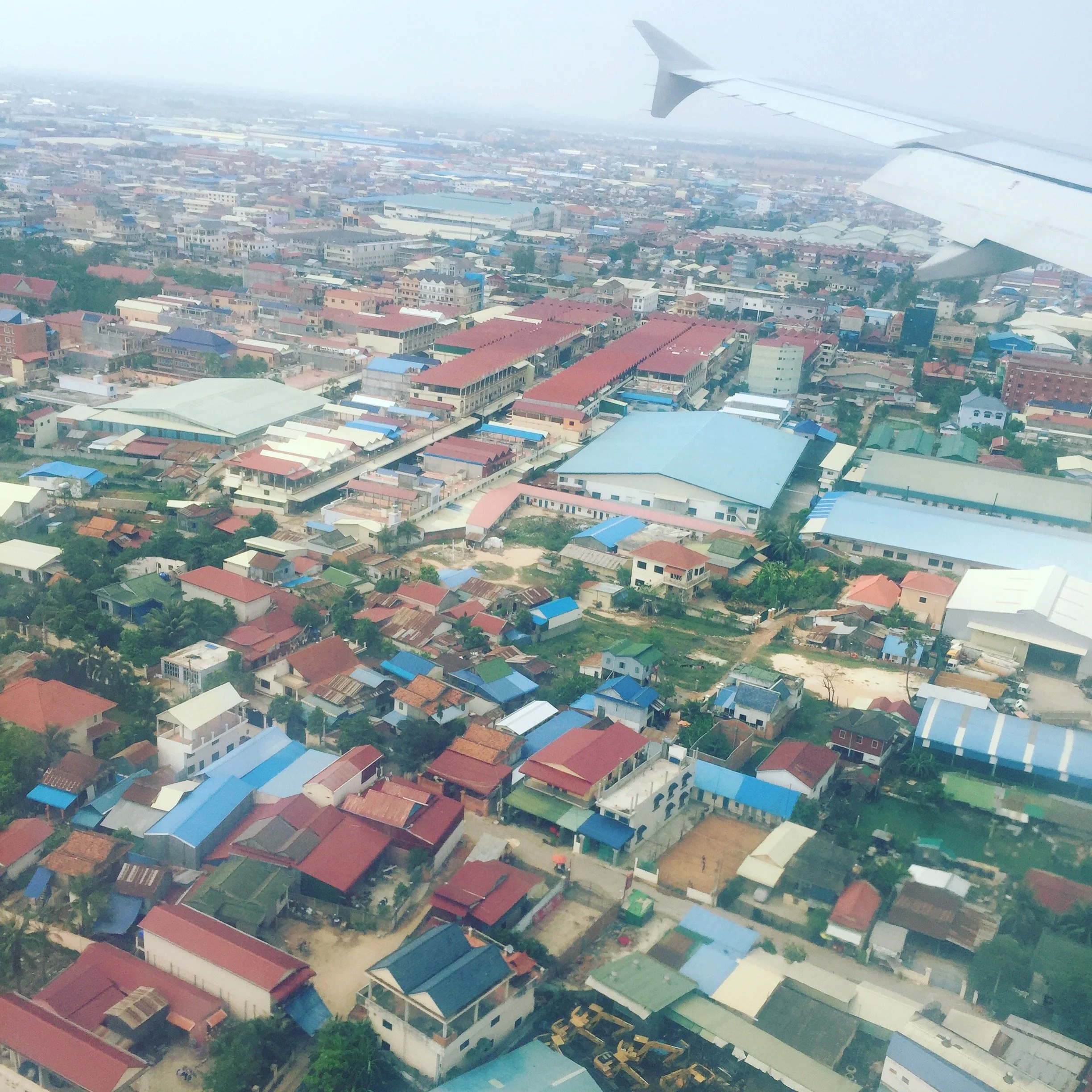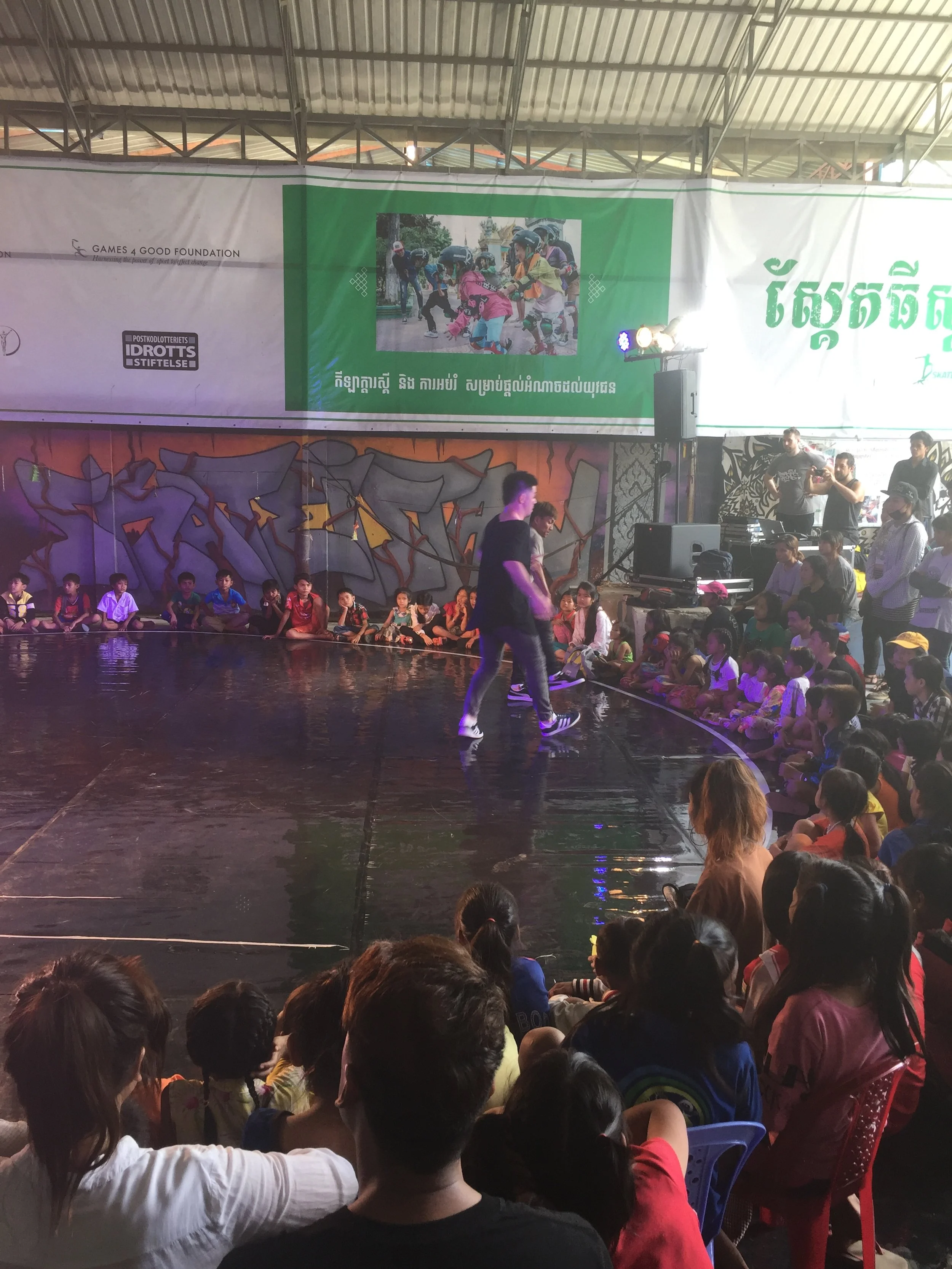Wanderlust
As I finished yoga this morning and lay on my shakti mat, I was thinking of how I am a bit of a collector, like a bower bird but rather than blue, the eclectic.
My love of cooking is inspired by the places I have visited, our local markets and the other lovers of cooking I have met so far.
Cambodian pancake and kang kong at Magnolia Restaurant, Street 242 in Phnom Penh.
My exploration of rituals comes from being drawn into celebrations while travelling and at home on Larrakia country amongst multicultural neighbours.
Bon On Touk (Cambodian Water Festival) commemorates the end of the monsoon season, as well as the change in flow of the Tonlé Sap River often corresponding with the lunar Mid-Autumn Festival.
This ‘collecting’ is an example of curious human nature, a genuine interest in learning and understanding other cultures and people, it is also a desire to lean into worlding and inhabiting the situated knowledge, to be in situated collaboration.
This form of collaboration feels innocent enough but through my work has raised questions/discussions/conflicts of authorship, exoticism, colonisation and gatekeeping. Zoe Todd reflects on writings on Indigenous thinking by Sarah Hunt and Vannessa Watts “Indigenous thinking must be seen as not just a well of ideas to draw from but a body of thinking that is living and practiced by peoples with whom we all share reciprocal duties as citizens of shared territories ( be they physical or ephermeral)” (Todd, 2016, p. 17).
Between Tiny Cities រវាងទីក្រុងតូច a result of a four-year dance exchange between Darwin’s D*City Rockers and Phnom Penh’s Tiny Toones youth program, which saw the two hip hop dance crews travelling, training, battling and performing together across both countries.
My curiosity was in the exchange, in the connecting of the young men from both of these places. There was always a commitment that each step needed to be undertaken in both physical places and that each participant was supported uniquely in order to be equal peer.
This manifested in various practical ways
varying fees/allowances depending on where we were taking into consideration participants family responsibilities;
friends/family/mentors supported to join us at key moments to provide support and encouragement;
ongoing conversation about the opportunities and inevitable life span of a dancer and how this varied across places;
despite funding hurdles the project undertook each stage of development and presentation in both Phnom Penh and Darwin,
we ate together, built a collective culture and way of being together beyond the hours of ‘work’ - we built a family,
ongoing support throughout and beyond the project.
Shoes of our audience for our work in progress showing of Between Tiny Cities រវាងទីក្រុងតូច, a collaborative dance work, at Tiny Toones in Phnom Penh.
Todd talks of “the silences” (Todd, 2016, p. 17) the gaps in structural and physical decolonisation. Particular she talks of the scale and longevity of this work, rather than it only existing in the moment and tied to a short term outcome.
She goes on to quote Holbraad et al. (21014):
This, in our understanding, is what the ontological turn is all about: it is a technology of description (Pedersen 2012a) designed in the optimist (non-skeptical) hope of making the otherwise visible by experimenting with the conceptual affordances (Holbraad, forthcoming) present in a given body of ethnographic materials. We stress that such material can be drawn from anywhere, anytime, and anyone; there is no limit to what practices, discourses, and artefacts are amenable to ontological analysis. Indeed, articulating “what could be” in this way implies a peculiarly non- or anti-normative stance, which has profoundly political implications in several senses.
Flying into Phnom Penh, greeted by the blue roofs.
I feel a responsibility to,
a yearning for,
a missing of,
a wanderlust about
Phnom Penh and all the familiarities to me there.
I was asked after we premiered Between Tiny Cities រវាងទីក្រុងតូច - where will be the next project - exchange. The questions to me was so at odds with the experience of the last four years of relations. There could not be a next or another. This was my way of being - moving between these places, this was my family - the creatives, the young people, the clouds, the welcoming roofs.
Todd introduces Dwayne Donald’s concept of ethical relationality. “Ethical relationality is an ecological understanding of human relationality that does not deny difference, but rather seeks to more deeply understand how our different histories and experiences position us in relation to each other. This form of relationality is ethical because it does not overlook or invisibilise the particular historical, cultural, and social contexts from which a particular person understands and experiences living in the world. It puts these considerations at the forefront of engagements across frontiers of difference” (Donald, 2009, p. 9)
Todd goes on to articulate “ Reciprocity of thinking requires us to pay attention to who else is speaking alongside us. It also positions us, first and foremost, as citizens embedded in dynamic legal orders and systems of relations that require us to work constantly and thoughtfully across the myriad systems of thinking, acting, and governance within which we find ourselves enmeshed.” (Todd, 2016, p. 19)
As time has passed, of course there has been new exchanges, closer to where I want to call home, Larrakia Country, more embedded in my everyday. I carry the lessons I learnt from the time between Darwin and Phnom Penh in my work, as well as through the ongoing relationships and community they produced. They are woven into every current and future exchange.
Between Tiny Cities រវាងទីក្រុងតូច performance at Skateistan in Phnom Penh.
Donald, D., 2009. Forts, Curriculum, and Ethical Relationality, in: Ng-A-Fook, N., Rottmann, J. (Eds.), Reconsidering Canadian Curriculum Studies. Palgrave Macmillan US, New York, pp. 39–46. https://doi.org/10.1057/9781137008978_3
Todd, Z., 2016. An Indigenous Feminist’s Take On The Ontological Turn: ‘Ontology’ Is Just Another Word For Colonialism: An Indigenous Feminist’s Take on the Ontological Turn. Journal of Historical Sociology 29, 4–22. https://doi.org/10.1111/johs.12124
